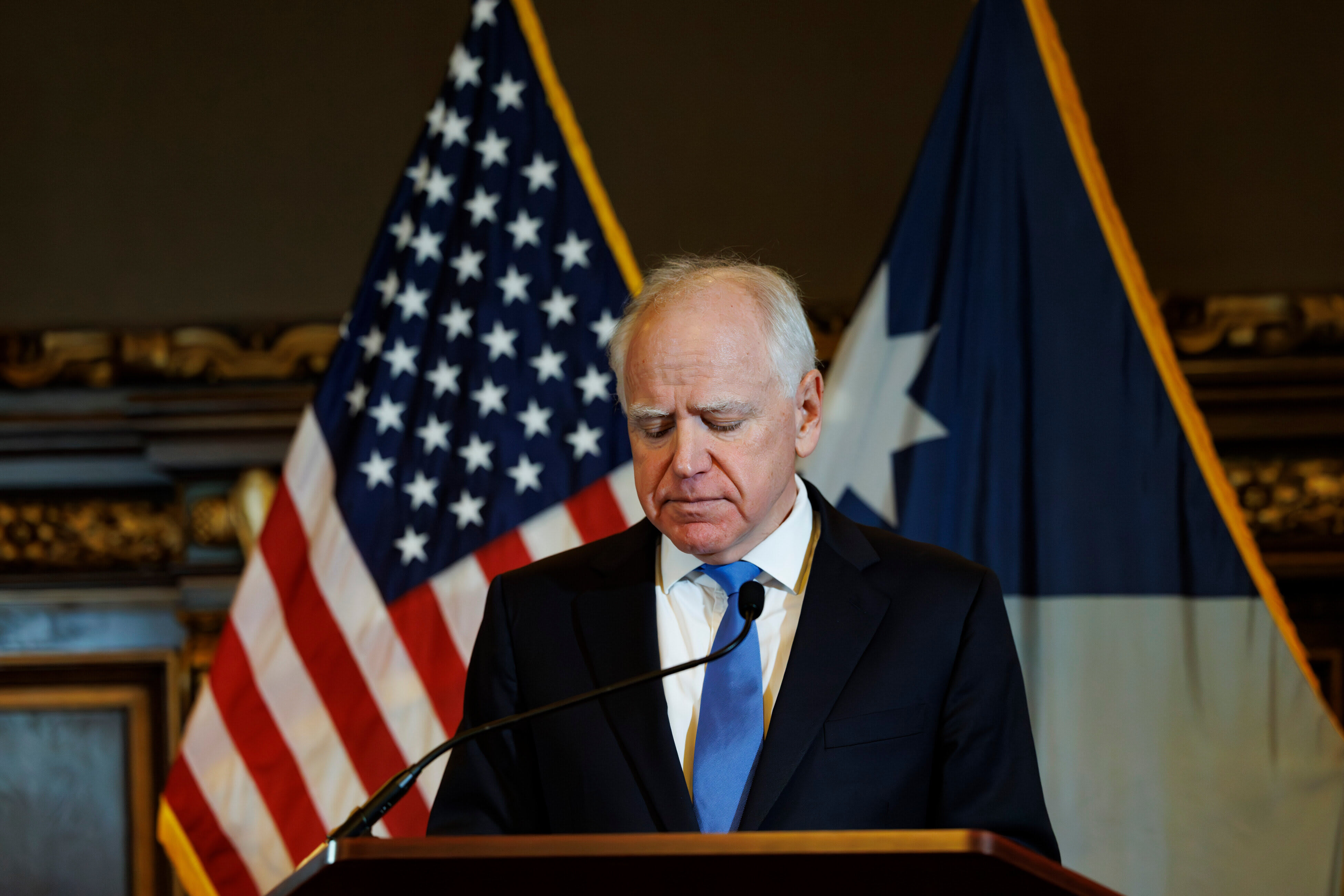Congressman Touts Boycott Of Immigration Law
In Tucson Saturday, protests continued over Arizona's tough new law cracking down on illegal immigration law.
Hundreds turned out to rally against the law in front of Congressman Raul Grijalva's (D-Ariz.) office; he's called on industries from manufacturing to tourism to boycott his own state.
"There has to be an embarrassment sanction, that's part of it," said Grijalva. "And there as to be an economic sanction. That's part of it."
The economic impact of the bill, signed by Republican governor Jan Brewer Friday, has many here in Arizona nervous, reports CBS News correspondent John Blackstone.
The state is dependant on the $18 billion visitors spend here annually to support more than 160,000 tourist-related jobs. And of the 37 million tourists that visit the state, nearly 4 million come from Mexico, all legally and with money to spend.
The new law gives police broad powers to question people's immigration status and require them to provide proof of citizenship. Critics say that will lead to racial profiling, something Gov. Brewer addressed head-on yesterday.
"I will not tolerate racial discrimination or racial profiling in Arizona," she said.
Businesses here remember the last time there was an economic boycott. From 1990 to 1993 the state lost 170 conventions and $300 million from boycotts because of the state's failure to approve a Martin Luther King holiday.
"I'm not willing to stand by and let everything I worked for, my community go down the drain because of some half-baked legislation," said local business owner Sheridan Bailey.
Brewer says the state has no choice. It's estimated that there are 500,000 illegal immigrants living in Arizona. That's nine percent of the state's population and nearly double what it was 20 years ago.
But Arizona has already seen that enforcing tough immigration laws is easier said than done. Three years after passing a tough crackdown on employers hiring illegal immigrants, an enforcement audit found half the businesses checked had hired undocumented workers.





